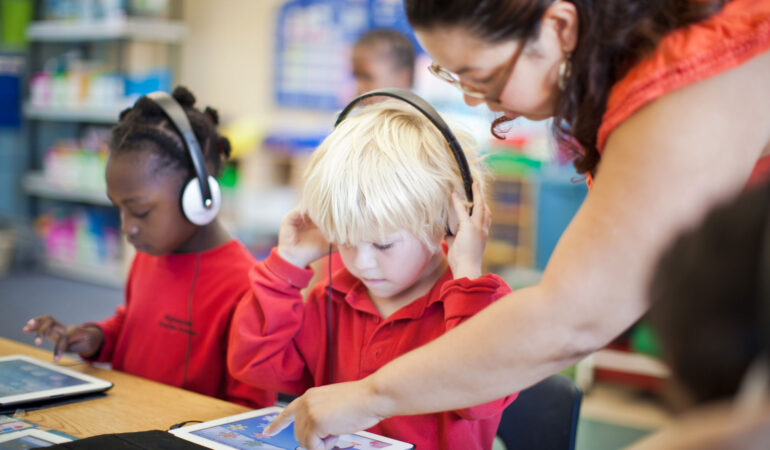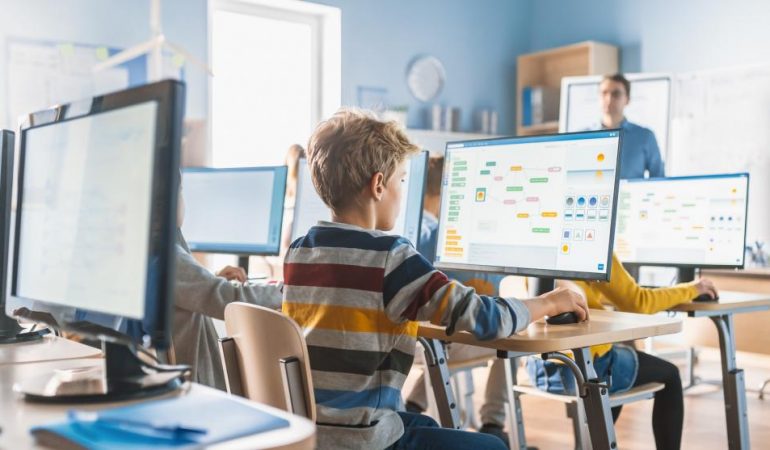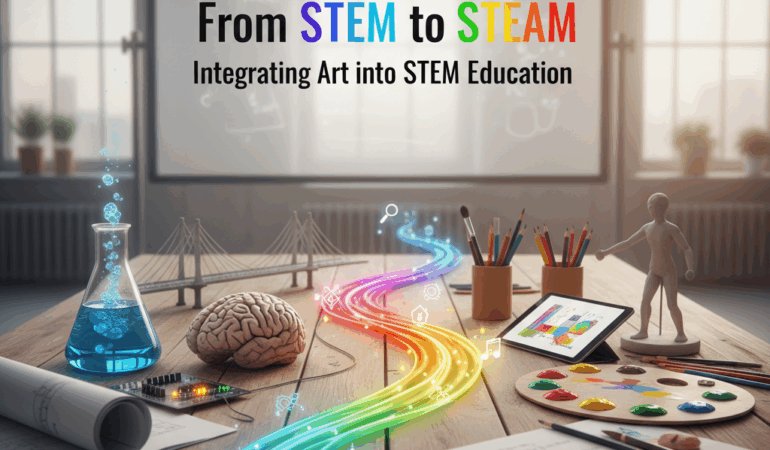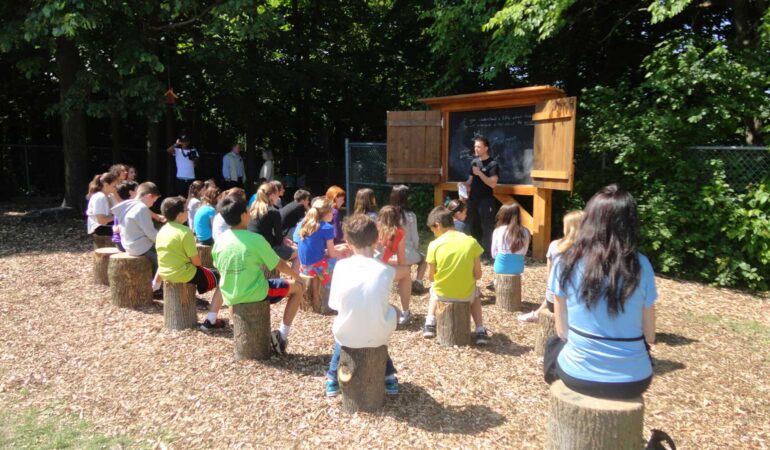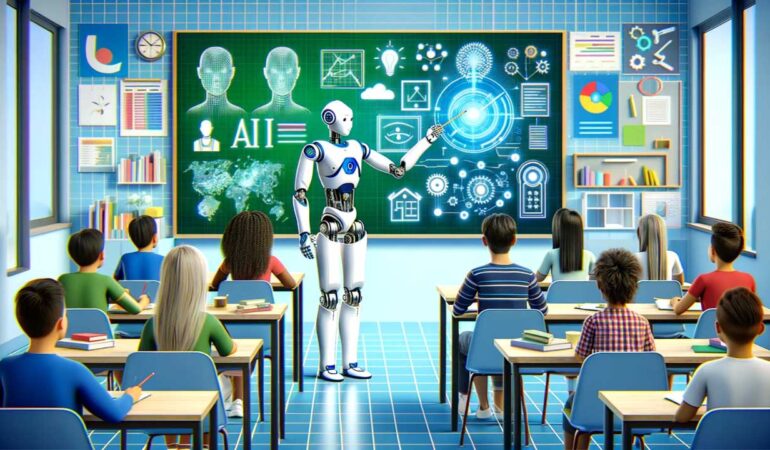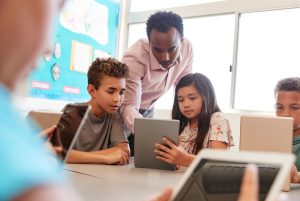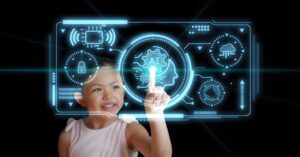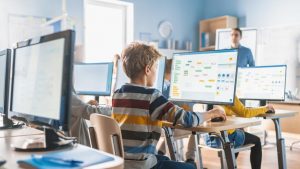Inclusive Classrooms: Educating Students with ASD and ADHD
This course aims to provide educators with inclusive strategies for teaching students with Autism Spectrum Disorder (ASD) and Attention Deficit Hyperactivity Disorder (ADHD). In alignment with the 2021-2027 Erasmus+ Programme’s priorities on inclusion and diversity, the course will help teachers manage classroom diversity and address the individual learning needs of students with ASD and ADHD through effective classroom management and teaching strategies.
Through hands-on activities, student-centered approaches, and cognitive-behavioral strategies, educators will learn how to better understand and support the learning processes of students with ASD and ADHD. Participants will also learn how to use various digital tools and classroom management techniques to meet the needs of these students.
Course Methodology
The course will be delivered using an activity-based, hands-on, and collaborative methodology. Educators will learn theoretical information about how to respond to the individual needs of students with ASD and ADHD, followed by case studies and classroom applications to practice these skills. Each day will include group work, role-playing activities, and creative problem-solving exercises to help educators improve their inclusive practices in the classroom.
Participants will also learn how to use digital tools, learning management systems, and assistive technologies to create effective learning environments for students with ASD and ADHD.
Course Objectives
- To provide educators with inclusive learning strategies for students with Autism Spectrum Disorder and Attention Deficit Hyperactivity Disorder.
- To teach inclusive classroom management methods and student-centered approaches.
- To support the learning processes of students with ASD and ADHD using digital tools and assistive technologies.
- To promote inclusive classroom environments in alignment with Erasmus+ priorities.




